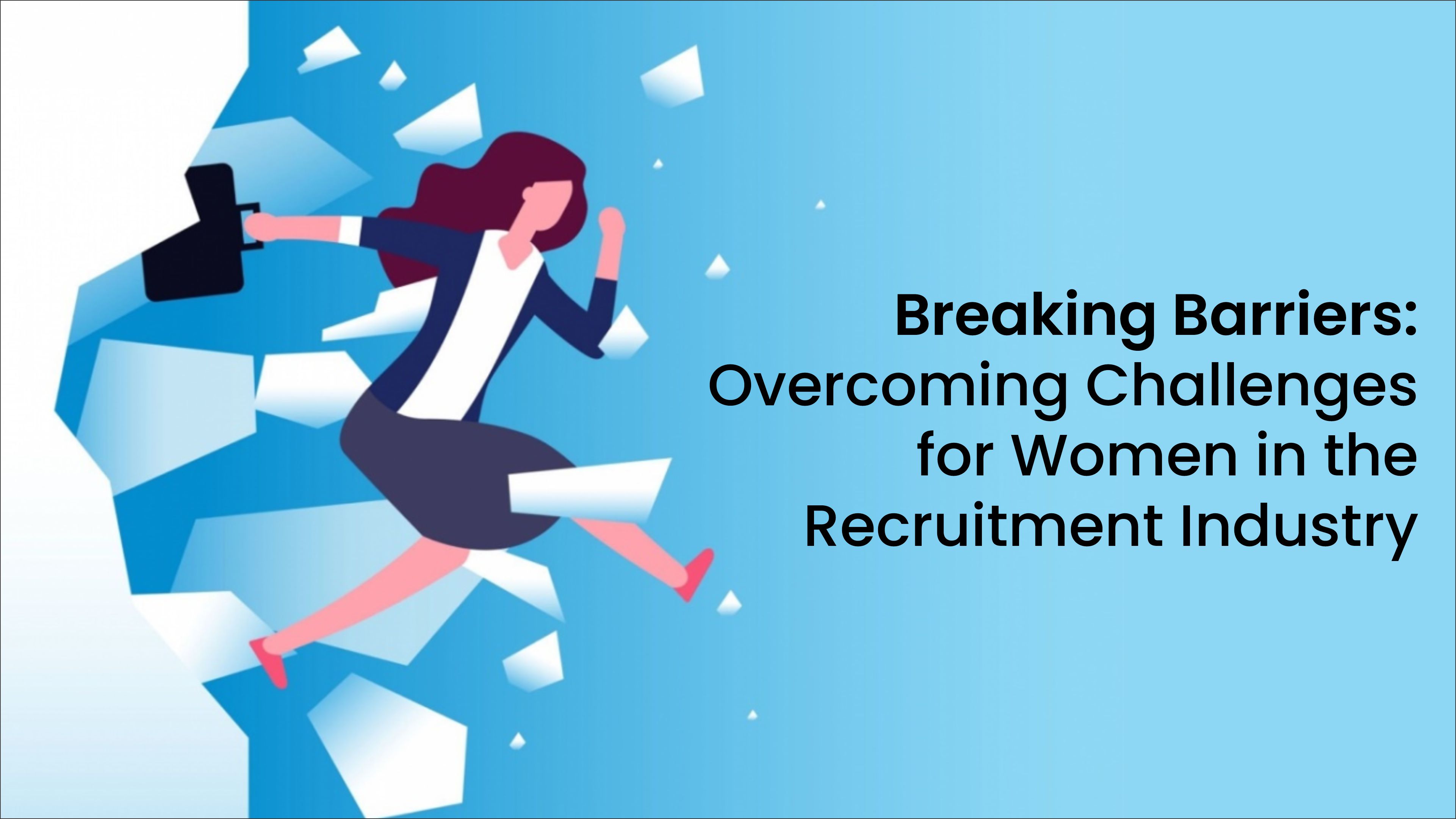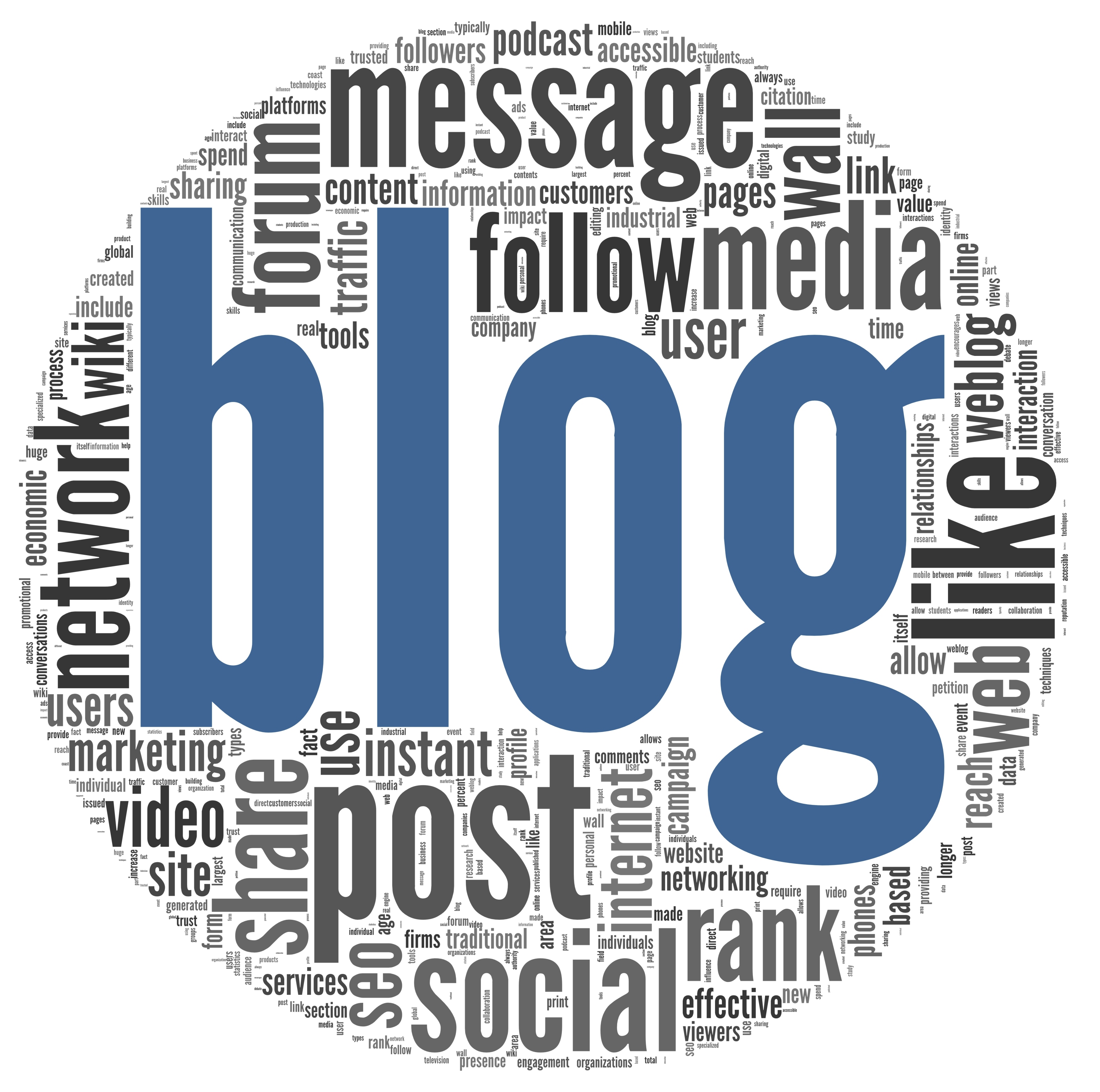Breaking Barriers: Overcoming Challenges for Women in the Recruitment Industry

In the ever-evolving landscape of the recruitment portal, women continue to face unique challenges and barriers on their path to success. Despite progress in diversity and inclusion initiatives, gender disparities persist, impacting women's opportunities for advancement, recognition, and leadership roles within the industry. In this article, we'll delve into the challenges that women encounter in the recruitment industry and explore strategies for overcoming these barriers to create a more equitable and inclusive environment.
Gender Bias and Stereotypes
Gender bias and stereotypes are pervasive challenges that women in the recruitment industry often face. Stereotypes about gender roles and capabilities can influence hiring decisions, promotions, and opportunities for career advancement. Women may encounter biases that undermine their credibility, competence, and leadership potential, hindering their professional growth and opportunities within the industry. Overcoming gender bias and challenging stereotypes requires proactive efforts to promote awareness, education, and cultural change within organizations.
Lack of Representation in Leadership Positions
Despite the predominance of women in recruitment roles, there remains a significant disparity in leadership positions within the industry. Women are underrepresented in executive, managerial, and leadership roles, limiting their influence, visibility, and decision-making power. The lack of representation in leadership positions perpetuates gender inequities and sends a message that women's contributions are undervalued and unrecognized. Organizations must prioritize gender diversity in leadership and implement policies and practices that support the advancement of women into leadership roles.
Work-Life Balance Challenges
Balancing career aspirations with personal and family responsibilities can pose significant challenges for women in the recruitment industry. Long hours, demanding workloads, and frequent travel requirements can impact women's ability to maintain a healthy work-life balance. Women may face pressure to prioritize work over personal commitments or sacrifice career advancement opportunities to accommodate caregiving responsibilities. Employers can support women in achieving work-life balance by offering flexible work arrangements, parental leave policies, and support programs that accommodate their diverse needs and responsibilities.
Confidence and Self-Advocacy
Confidence and self-advocacy are critical components of success in the recruitment industry, yet women may struggle with self-doubt, imposter syndrome, and reluctance to assert themselves. Women may hesitate to negotiate for higher salaries, promotions, or opportunities for career advancement, fearing backlash or repercussions. Building confidence and empowering women to advocate for themselves requires creating a supportive and inclusive workplace culture that values diverse perspectives and encourages open dialogue. Providing mentorship, coaching, and leadership development opportunities can also help women build the skills and confidence needed to navigate their careers successfully.
Networking and Professional Development Opportunities
Networking and professional development are essential for career advancement and growth in the recruitment industry, yet women may face barriers to accessing these opportunities. Male-dominated networking events, industry conferences, and professional associations may lack inclusivity and fail to address the specific needs and interests of women in the industry. Creating inclusive networking and professional development opportunities that cater to women's interests, experiences, and career goals can help bridge the gender gap and empower women to build meaningful connections, develop new skills, and advance their careers.
Strategies for Overcoming Barriers
To overcome the challenges faced by women in the recruitment industry, organizations and individuals can implement the following strategies:
Promote Diversity and Inclusion: Foster a culture of diversity and inclusion that values and celebrates the contributions of women in the recruitment industry. Implement policies and practices that promote gender equity, address bias and discrimination, and create opportunities for women to thrive.
Provide Mentorship and Sponsorship: Offer mentorship and sponsorship programs that pair women with senior leaders and industry veterans who can provide guidance, support, and advocacy. Mentorship and sponsorship relationships can help women navigate their careers, overcome challenges, and access opportunities for growth and advancement.
Invest in Leadership Development: Invest in leadership development programs that equip women with the skills, knowledge, and confidence needed to succeed in leadership roles. Provide training and resources on topics such as communication, negotiation, strategic planning, and decision-making to support women's professional growth and advancement.
Create Supportive Networks: Establish networks and affinity groups that provide a supportive and inclusive space for women in the recruitment industry to connect, share experiences, and support one another. Encourage collaboration, mentorship, and knowledge-sharing among women in the industry to foster a sense of community and empowerment.
Advocate for Change: Advocate for policy changes and organizational initiatives that promote gender equity and address systemic barriers faced by women in the recruitment industry. Use your voice and influence to champion diversity and inclusion efforts within your organization and the broader industry.
Breaking barriers and overcoming challenges for women in the recruitment industry is essential for creating a more equitable, inclusive, and successful workforce. By addressing gender bias, promoting diversity and inclusion, supporting work-life balance, building confidence, and providing access to networking and professional development opportunities, organizations can empower women to thrive and succeed in their careers. By embracing the unique perspectives, talents, and contributions of women, the recruitment industry can harness the full potential of its workforce and drive innovation, growth, and positive change.








